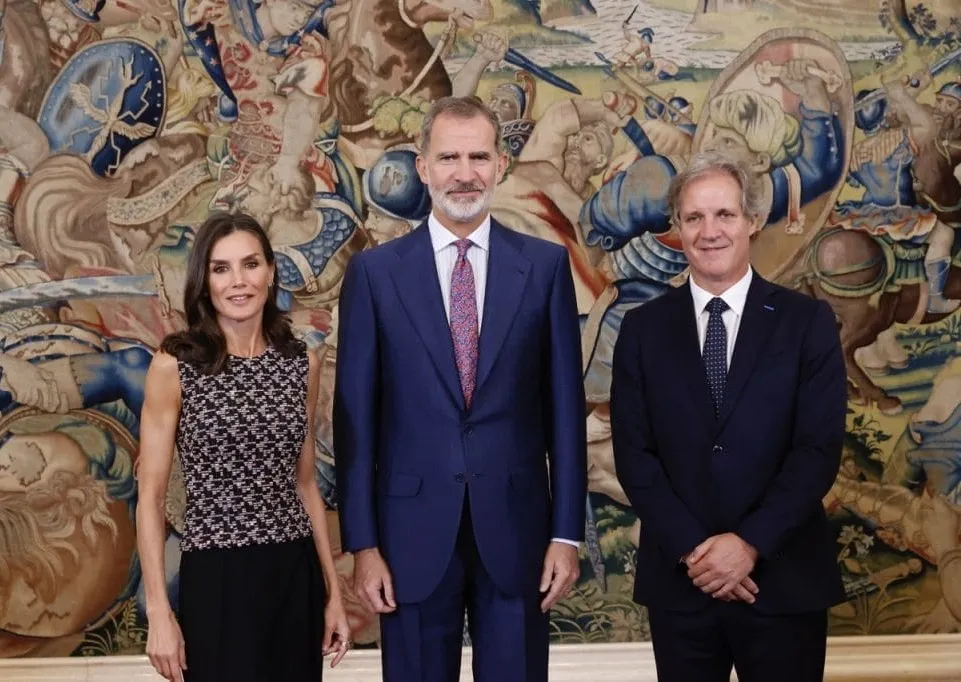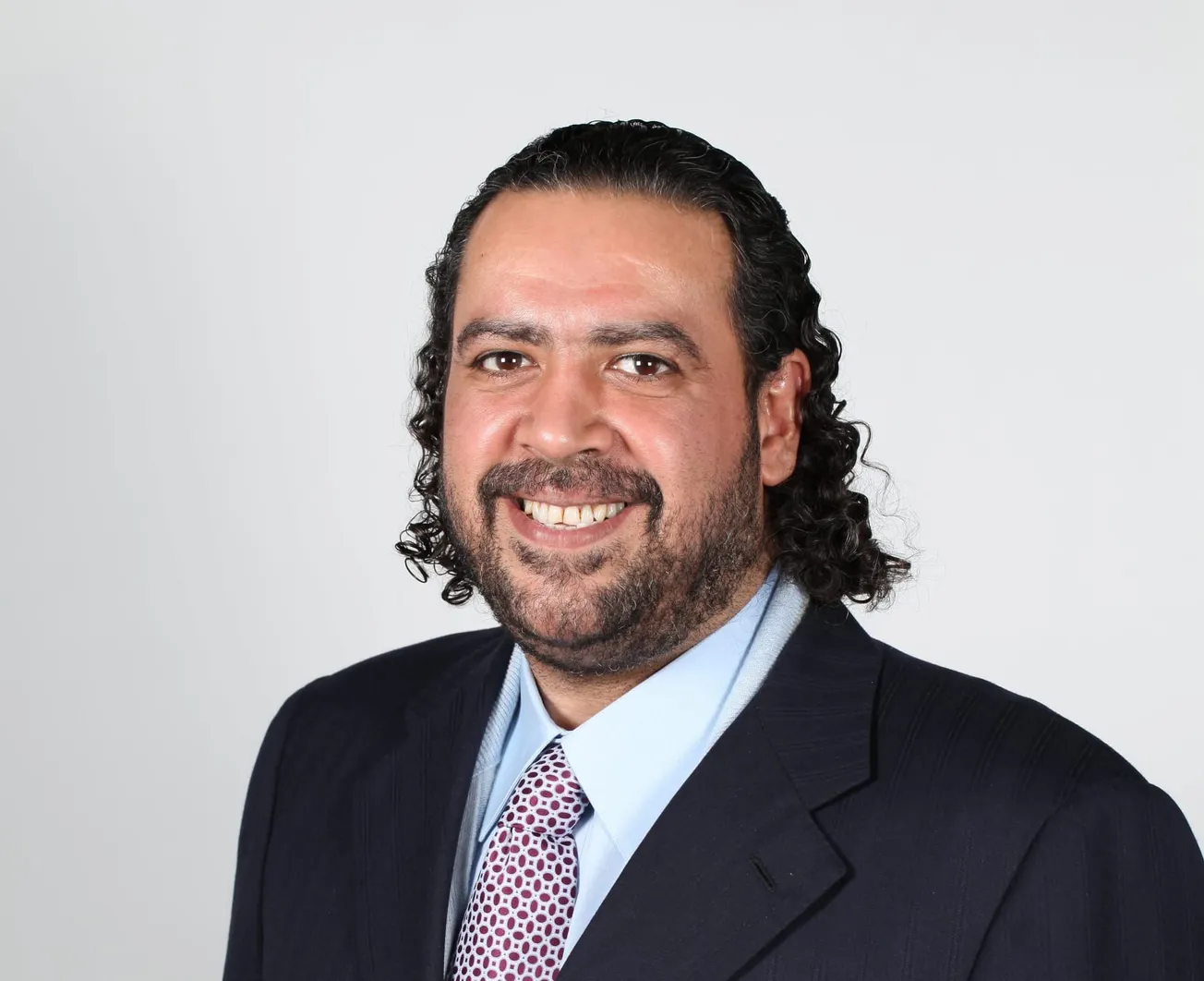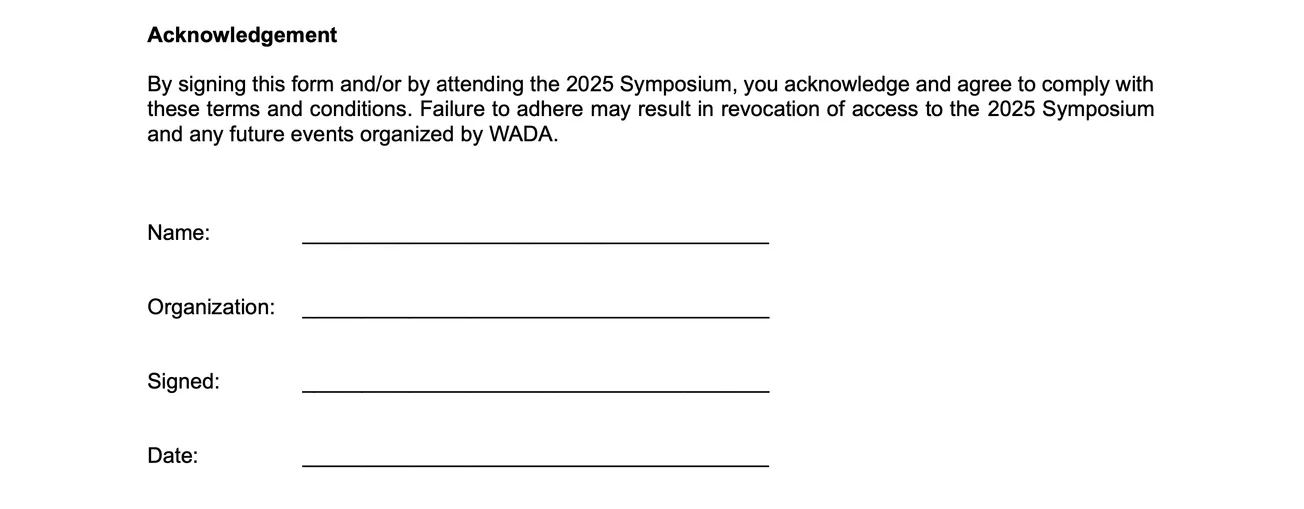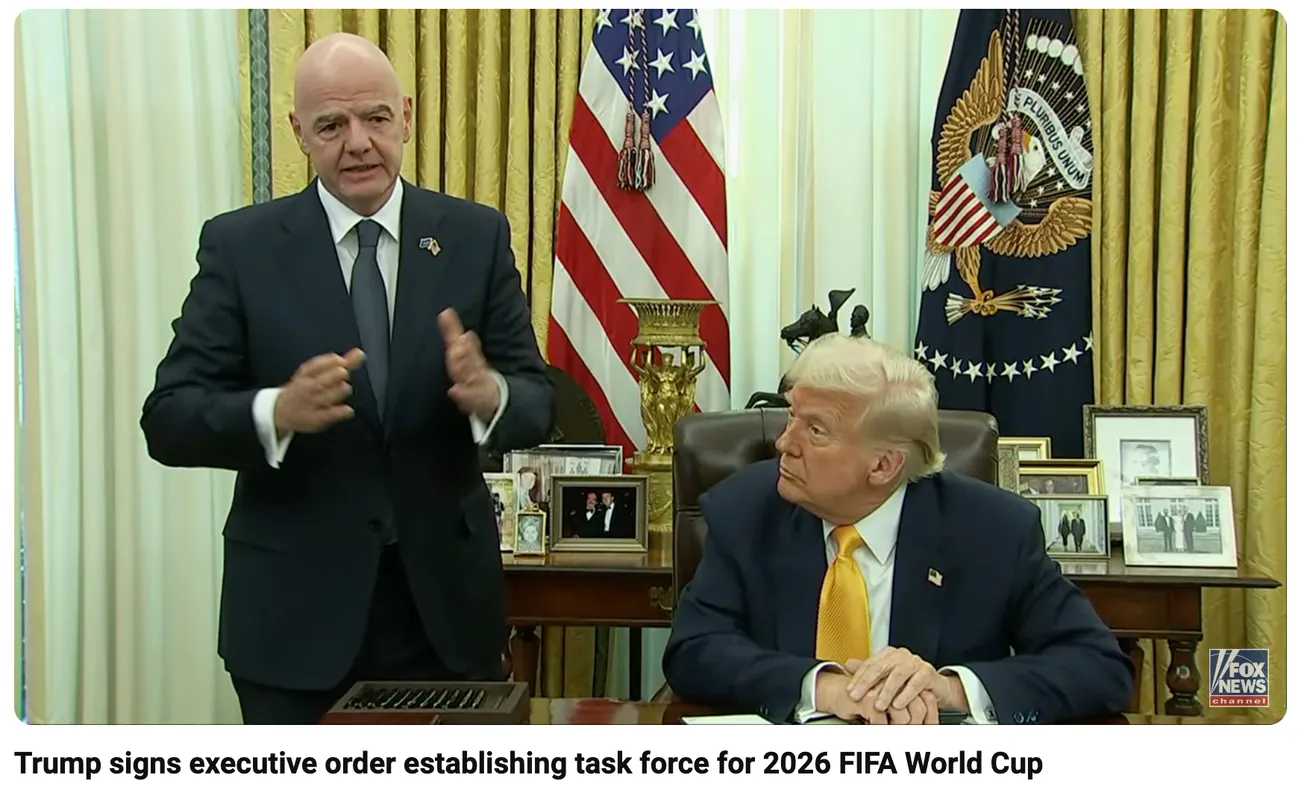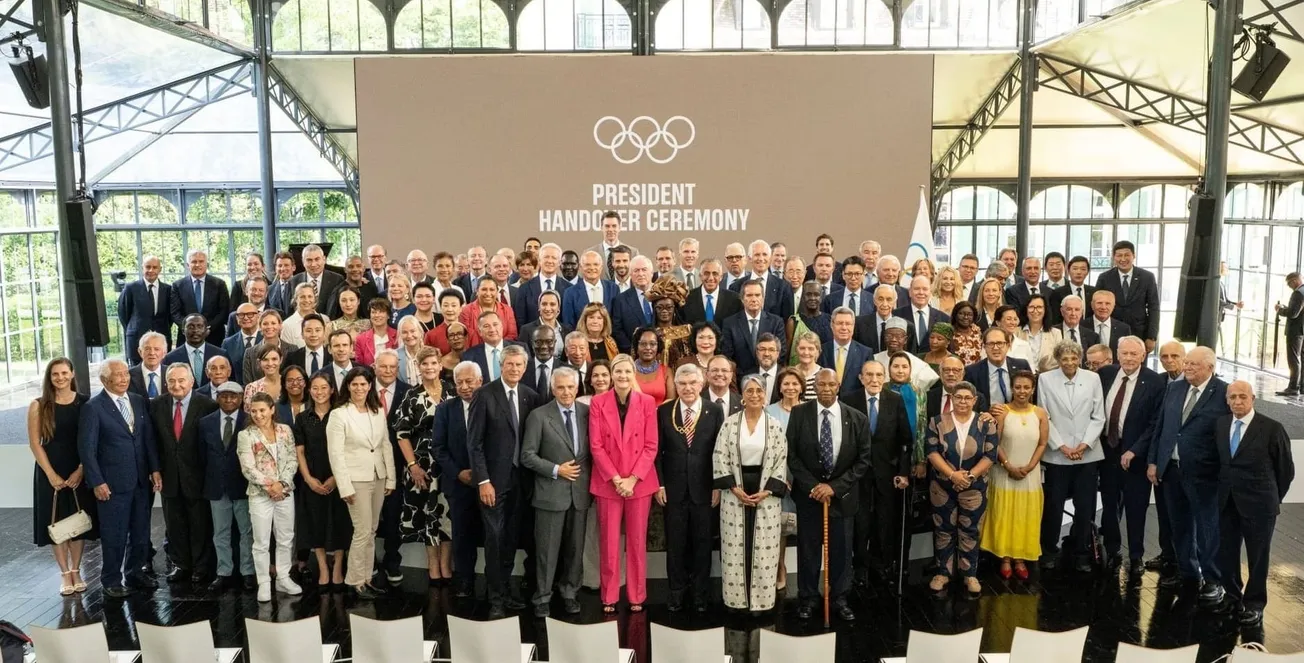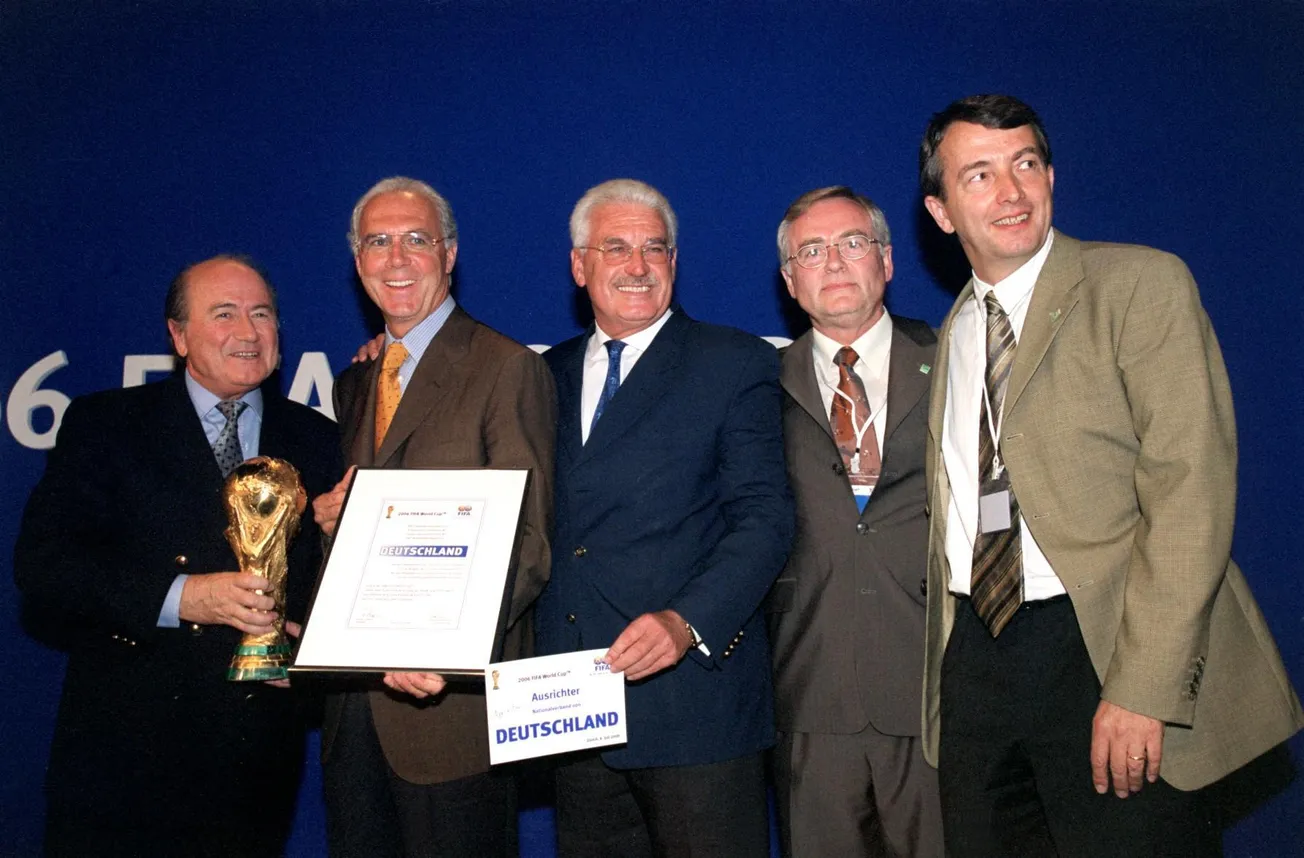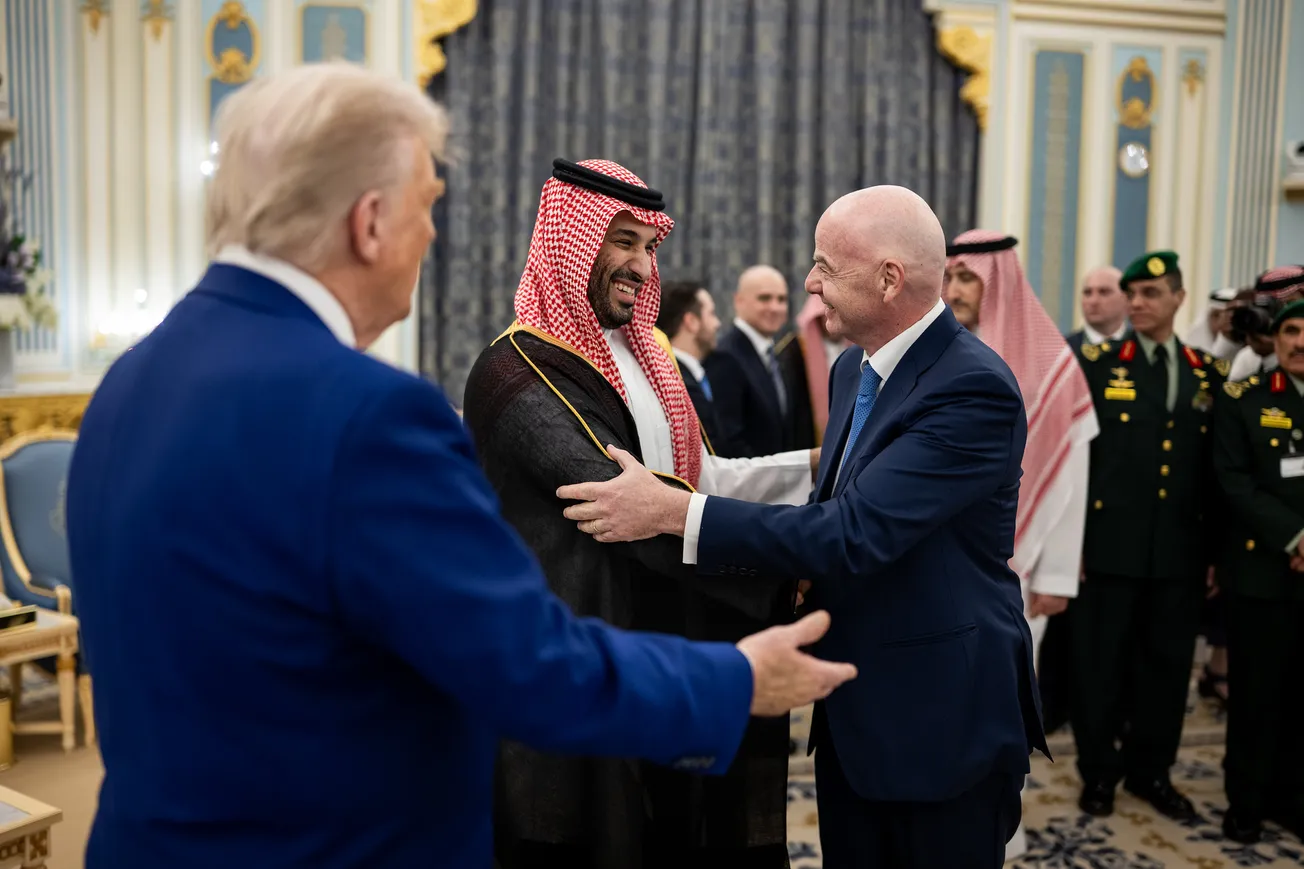To be above the law or not to be above the law, that is the question that sport has long faced as it stares out at the world from a self-built and in key regards an undemocratic and unrepresentative bubble of autonomy fit to burst.
Many are the examples down the years where you might have imagined national laws and protocols, extending to integrity standards in business, would have applied to those called to account for behaviour that would not be acceptable outside the sports-governance bubble.
In a fair number of cases, the reason why the corruption of rogues in sport ended up in jail, was because media and police authorities tracked down and investigated their misdemeanours. Sports rules and rule-makers were largely absent from any process of inquiry until events forced them to be present.
Indeed, we can extend that state of affairs to this: Leaders at FIFA, the IOC and affiliated Olympic federations faced with a ruling handed down by a national government on grounds of integrity have not only looked the other way but have actively sought any mean, method of mechanism to ensure the member of its sport family at the heart of controversy remains, unchallenged and protected, in a position of authority over athletes and others.
Portugal and swimming regulators at global, European and domestic levels, now face the age-old question of what to do when national laws rule you unfit to govern but the sports family thinks it knows better.
That double-edged sword is all the sharper in an era of so-called reform in which the Independent Integrity Unit had replaced the in-house Ethics Panel/Committee, etc., and sport is said to have cleaned up its house.
The case file marked "political interference vs willful blind eye to integrity failures" may soon have a new entry, depending on what happens in the case of António Silva, the president of the Portuguese Swimming federation (FPN) , European Aquatics and member of the World Aquatics board, the ethics complaint against him, the dismissal of a whistleblower’s concerns by leaders of the European federation, and the government decision that challenges the notion that sports organisations take integrity seriously.
For those of you new to the Silva saga, the Portuguese delegate was elected president of LEN (since rebranded European Aquatics) two years ago on a ticket of transparency and integrity, backed by an almost complete overhaul of the top table after a group calling itself Europe For All Aquatics (E4AA).
E4AA ousted the former president, Paolo Barelli, on grounds of allegations of financial irregularities. At the time Barelli was bounced out of office, none of the allegations against him had been proven. Yet he had to go.
Now, members of the E4AA group appear determined to apply a different set of standards to the man they placed in charge citing transparency and integrity. Some of their key policies were:
- "Promote transparency in all business practices and keep Member federations informed"
- "Implement independent integrity function, including whistleblowing"
- "Athlete representation into the LEN Bureau …"
Fine aims. All but the last one are yet to be achieved, according to the whistleblower who has just had the concerns she raised with Portuguese authorities and the World Aquatics Integrity Unit dismissed by European Aquatics leaders are too trivial to ask its man to step aside pending inquiries, even if that means postponing elections on January 27, when Silva is due to stand for re-election as head of the continental body as the only candidate for the throne.
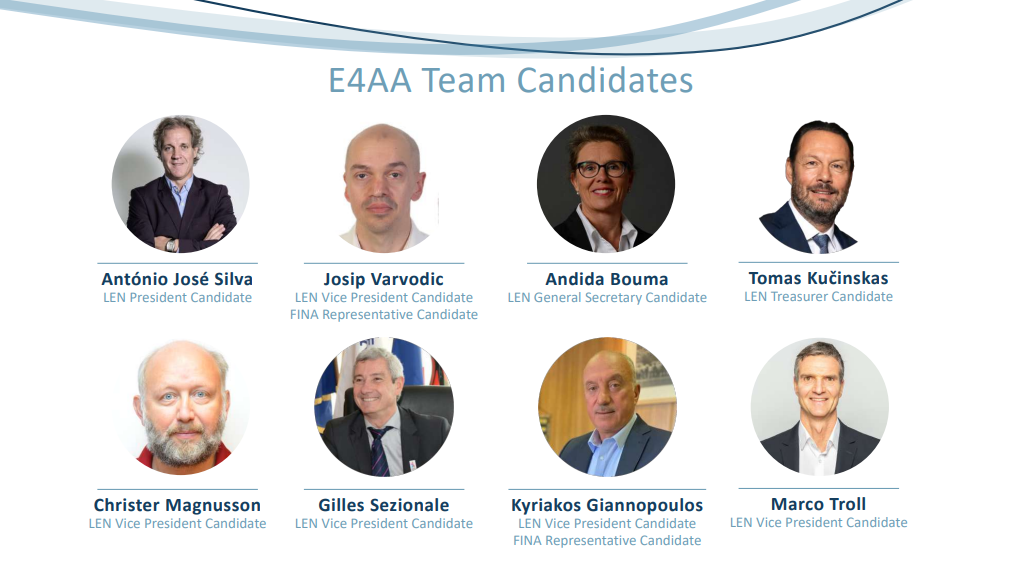
The trouble is, Silva has just had a big judgement handed down against him: the whistleblower, who we now know to be former FPN General Assembly secretary Alexandra Jorge, was right to raise a flag, the state Portuguese Institute of Sport and Youth (IPDJ) concluded on Wednesday after a five-month inquiry.
The letter of the law, the rules, the integrity code was cited in an IPDJ instruction, approved by the Portuguese Government, to the FPN to either dismiss its president within 15 days or face the law of the land, including removal of all funding, status and the powers granted to federations that adhere to the Portugal’s Legal Regime of Sports Federations (RJFD) – extending to the right of selecting national teams.
Meanwhile, two further emergency meetings ensued:
The FPN board meeting
The board met Silva and was told by the president that he was ready to step down. They must, he also told them, understand that he did not need their approval to continue his candidacy for European Aquatics. His name would go forward on proposals from Croatia and The Netherlands. But, he added, according to those present, in a gesture of goodwill, they should sign a paper confirming they were happy to have his candidacy proceed as long as he resigned from the Portuguese federation presidency.
Stop the clock!
Actually, Silva needs that paper signed because the FPN is the only body that can put him forward for any bureau position under European Aquatics rules in place for many decades.
The European Aquatics constitution states:
11.2.3 Nominations of candidates for election as President, First Vice President, Vice President, General Secretary, Treasurer, and Bureau members may only be made by the Member Federation where the candidate is under the jurisdiction and with the full support (confirmed in writing to the European Aquatics General Secretary) of the Member Federation. Nominations must be received in writing by the European Aquatics General Secretary at least ninety (90) days before the date of the Congress where the elections are to be made.
Precisely why the man serving as president of a federation with a clear constitutional obligation should suggest that he does not need the approval of the FPN is another question on a list of many questions Silva has yet to answer.

